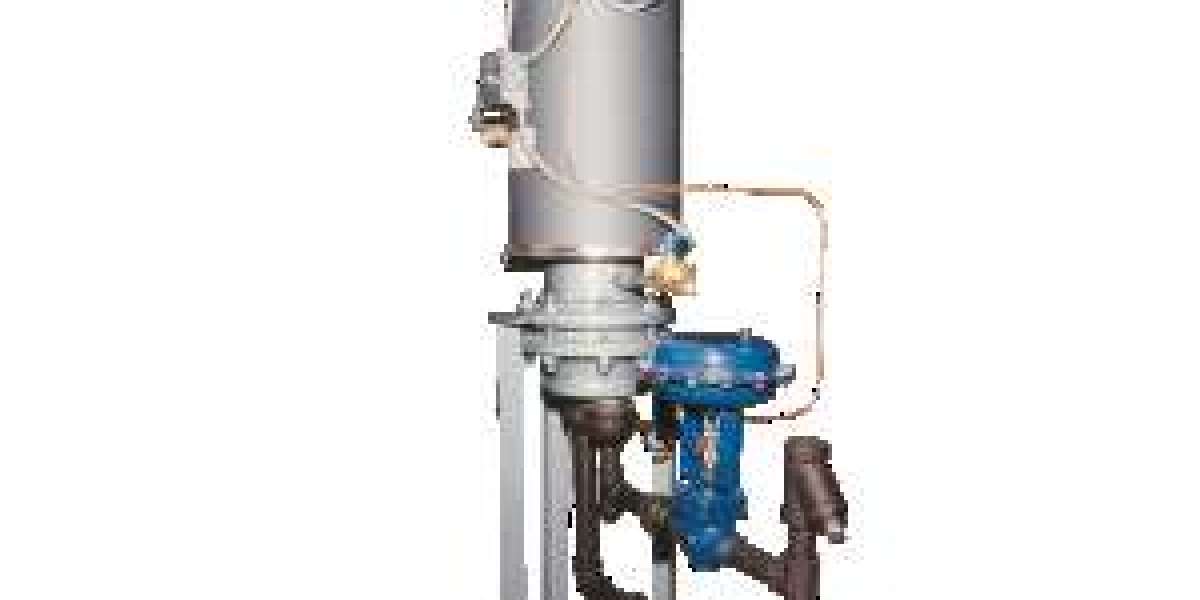Steam water heaters have emerged as a game-changing innovation in hot water systems, offering unparalleled efficiency, reliability, and performance.
These systems are particularly valuable in industries and facilities where large volumes of hot water are required quickly and consistently.
From industrial plants to commercial buildings, steam water heaters are redefining how we generate and distribute hot water.
Steam Water Heaters
Steam water heaters are specialized devices that use steam as the primary heat source to heat water. Unlike traditional water heaters that rely on gas, electricity, or oil, steam water heaters harness the latent heat of steam to transfer energy to the water.
This process is highly efficient, as steam has a high heat transfer coefficient, enabling rapid and uniform heating.
How Do Steam Water Heaters Work?
The core operation of a steam water heater involves a heat exchanger where steam transfers its heat to water. When steam enters the heat exchanger, it condenses into water, releasing its latent heat in the process.
This heat is absorbed by the cold water flowing through the system, raising its temperature to the desired level. Advanced steam water heaters often include precise controls for temperature regulation, ensuring consistent output and energy efficiency.
Benefits of Steam Water Heaters
Steam water heaters offer several advantages over traditional systems:
Energy Efficiency: The use of steam ensures rapid heating, reducing energy consumption and operational costs.
High Capacity: These systems can handle large volumes of water, making them ideal for industrial and commercial applications.
Quick Response Time: Steam water heaters deliver hot water almost instantaneously, eliminating the need for extensive storage.
Compact Design: Many steam water heaters are designed to occupy minimal space, making them suitable for facilities with space constraints.
Durability and Longevity: Built with robust materials, steam water heaters can withstand high pressures and temperatures, ensuring a long service life.
Applications of Steam Water Heaters
Steam water heaters are used across various sectors due to their versatility and efficiency. Key applications include:
Industrial Processes: Factories and plants use steam water heaters for cleaning, sterilization, and production processes.
Healthcare Facilities: Hospitals rely on steam water heaters for sterilizing equipment and providing hot water for sanitation.
Hospitality Industry: Hotels and resorts use these systems to supply hot water for showers, laundry, and kitchen operations.
Food and Beverage Industry: Steam water heaters play a crucial role in pasteurization, cooking, and cleaning.
Innovations in Steam Water Heater Technology
Recent advancements have further enhanced the performance of steam water heaters. Features such as digital controls, energy recovery systems, and automated diagnostics have improved their efficiency and ease of use. These innovations not only reduce operating costs but also minimize environmental impact.
Maintenance and Safety Considerations
Proper maintenance is essential for the longevity and efficiency of steam water heaters. Regular inspections, descaling, and monitoring of pressure and temperature controls can prevent issues and ensure optimal performance.
Safety measures, such as pressure relief valves and temperature limiters, are critical to avoid accidents and ensure compliance with safety regulations.
Result
Steam water heaters are revolutionizing hot water systems by providing efficient, reliable, and high-capacity solutions. Their ability to meet the demands of diverse industries while reducing energy consumption makes them a cornerstone of modern hot water technology.
As innovations continue to emerge, steam water heaters will undoubtedly remain at the forefront of sustainable and efficient water heating solutions.






